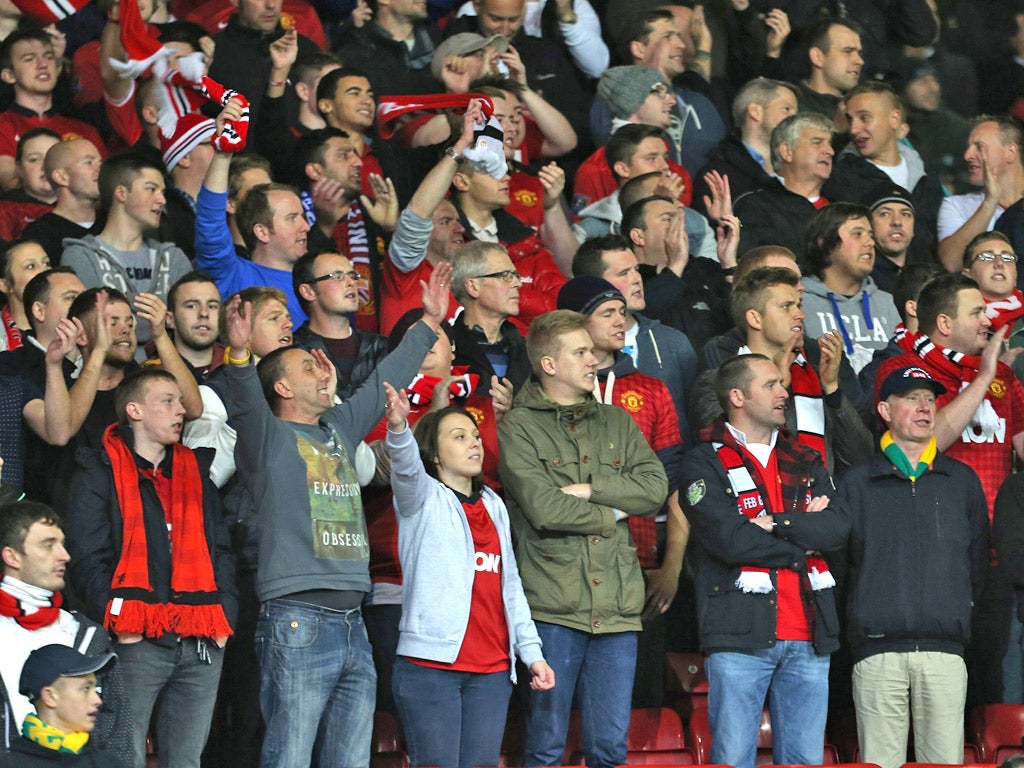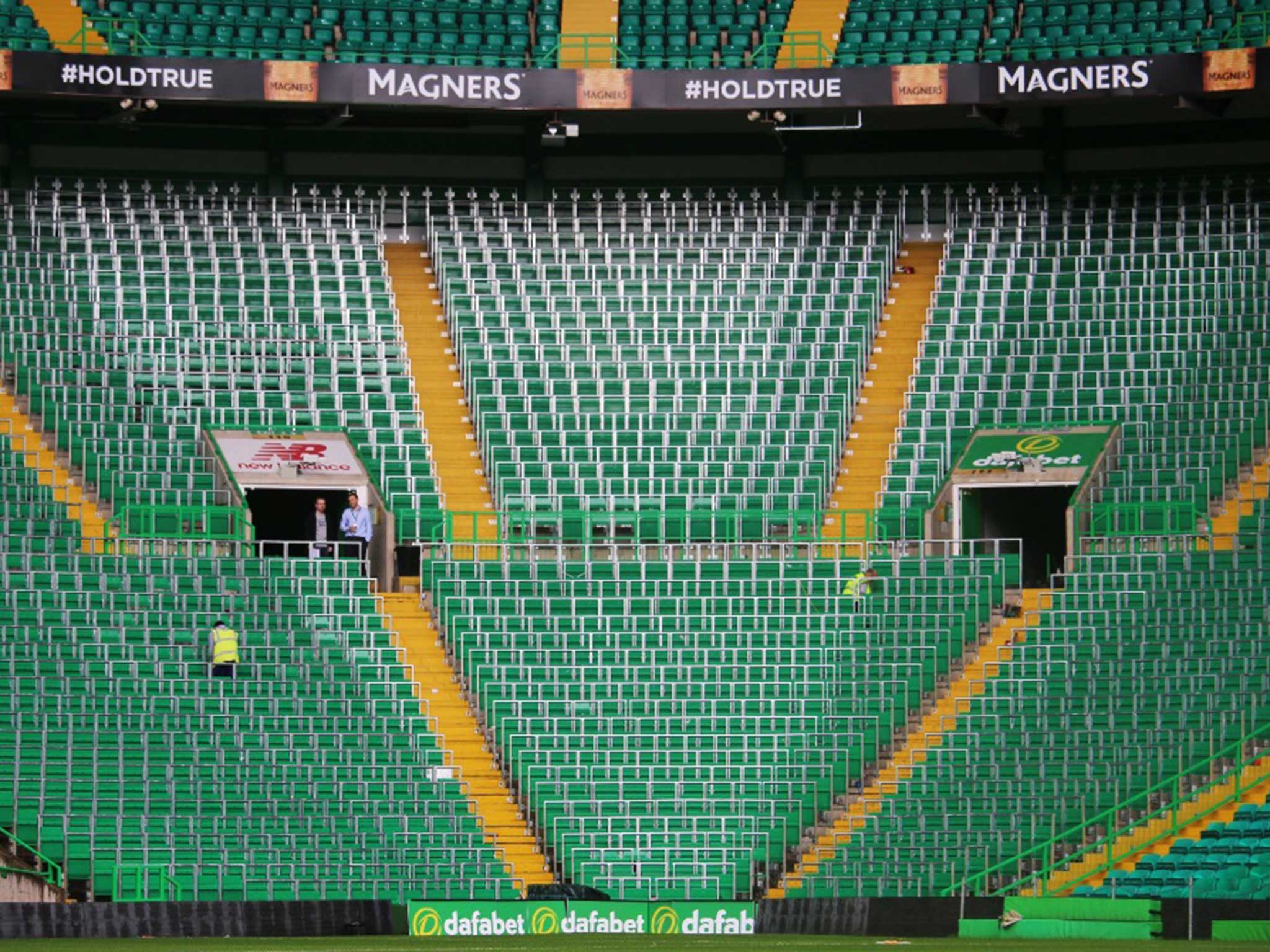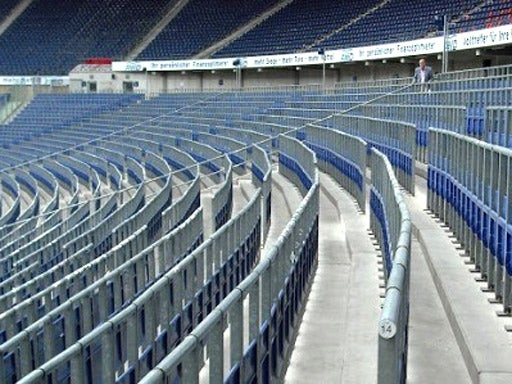Government reveals it is 'unconvinced' by case for reintroducing safe standing in English football grounds
The Department of Culture, Media and Sport dealt a blow to campaigners by revealing they're not sold on the idea of a return

Fans and clubs lobbying for a return of 'safe standing' areas to Premier League grounds have been dealt a blow by the government after the Department for Media, Culture and Sports announced they remain "unconvinced by the case" for its reinstatement.
The law was changed in 1989, banning standing areas after the Hillsborough disaster where 96 Liverpool fans were crushed to death in an overcrowded section of the stadium in Sheffield at a FA Cup semifinal.
But so-called "safe-standing" has been introduced in Scotland where seats can be flipped up and locked in place, providing space to stand behind a waist-high rail and fan groups at Arsenal, Crystal Palace and a raft of other clubs have thrown their weight behind proposals for trials in the Premier League.
However, the government's latest declarations represent a significant setback for the campaign.
"Since a rail seating section was installed at Celtic Park, there has been growing speculation that such accommodation could be introduced into Premier League and Championship football grounds," the Department for Media, Culture and Sports announced.

"The government remains unconvinced by the case put forward for re-introducing standing accommodation at football grounds covered by the all-seater requirement, but will continue to monitor how it is working at Celtic."
The Premier League administration had only recently asked its member clubs to look into the feasibility and safety of adopting the rail seats amid a groundswell of support, stating:
"This is a complex and emotive topic with a number of issues, varying from club to club, which need to be considered carefully before clubs can decide if they wish to pursue any changes, including legislative, that are required to allow them the option of safe standing areas in their grounds," the league said in a statement.
"The clubs have tasked the Premier League with scoping out the safety, supporter, technical and legislative? issues surrounding safe standing before any further discussions, based on the facts, can take place."
Although 27 years have passed since Hillsborough, the ongoing legal battles by the families of the dead fans over the cause of Britain's worst sports disaster has slowed the campaign for standing areas. A jury ruled this year that the victims were unlawfully killed and police and emergency services were to blame.
Liverpool chief executive Ian Ayre declined to comment as he left the London meeting where standing was discussed. West Ham co-owner David Gold acknowledged it was a "difficult subject" and said there was "so much to be done."

English Football Association chairman Greg Clarke believes the atmosphere at games would be enhanced if fans could stand.
"The chances of falling over are much less if there is a rail in front of you," Clarke said. "With the issues of Hillsborough they will want to ensure that it's going to be safe and well-policed.
"If football works together on this then we could get a result and the fans would love it."
Uefa insists on all-seat stadiums for European games, so any change to the law in England would only allow fans to stand during domestic fixtures.
In Germany, there are standing sections, notably at Borussia Dortmund behind a goal where some of the loudest fans are.
In France, the national supporters' group is lobbying for the return of standing tribunes, arguing that they would improve safety and create a more festive atmosphere. But there is little appetite to relax stadium regulations which were toughened after the Furiani disaster in Corsica in 1992 when one of the terraces collapsed, killing 18 people.
Join our commenting forum
Join thought-provoking conversations, follow other Independent readers and see their replies
Comments
Bookmark popover
Removed from bookmarks